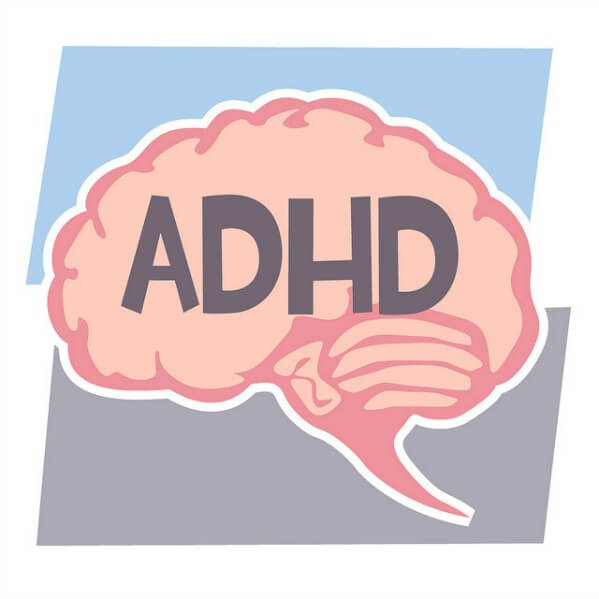How to Be a Successful Nurse While Managing Your ADHD
Being a nurse is challenging enough, but if you’re a nurse with ADHD, it’s a real bear.
With ADHD, you have a list of tasks to knock out when your mind has a hard time staying focused on one thing.
It can be hard not to zone out when you’re listening to someone, but in medicine, details are of the utmost importance.
You can easily become bored and distracted, but in our careers, time is of the essence.
Things must get done and we can’t afford to make many mistakes.
So what’s a nurse dealing with ADHD to do?
Prioritize Your Treatment Plan
First, make sure that your medication lasts throughout your shift. If you need to set alarms to remember to take your next dose in the middle of your shift, do it. You can’t take care of your patients to the best of your ability if you aren’t taking care of yourself.
Next, ADHD nurses must develop proper coping skills.
Arrive to work a bit early to get the low-down on the patients you’re assigned to and everything you’re expected to handle. Write out a detailed schedule of what needs to be done and try and include everything from procedures and reports to the things that keep you balanced---like lunch breaks.
It should include things like how long you expect each task to take, and account for how long it may take to get from one part of the hospital to the next.
If you feel comfortable disclosing this, you can share your ADHD condition with a supervisor and ask him or her to review your plan with you. Even if you don’t want to share this with your boss, it couldn’t hurt to tell them that you are working on being more efficient and you’d like their feedback on the schedule you created.
The Nurse Brain Paper
Similar to schedules, the concept of the “nurse brain” is also a great tool for keeping you focused. Nurse brains are a popular tool among nurses who want to have quick notes of processes, a template they can reference for reporting, reminders, shift rotations, the sky’s the limit. It can take some time to develop your ideal report sheet, but that’s okay; accept that it may need to be tweaked over time. The best way to tell whether it’s useful is testing it out while you’re on your shift. If it helps you barrel through duties more efficiently throughout your day, then you’re on the right track. If you realize there was a better way to prompt yourself to do certain tasks, you can play around with your brain until it’s to your liking.
To get started, take a look at this great template at: Scrubs Mag.
Print out several copies of your brain and put them in your bag or locker, use it for several shifts, and print more as your run out. Also, consider keeping your brain on a clipboard so you don’t have to constantly fold and unfold the paper during work.
Breaking Out of Hyperfocusing
If you struggle with hyperfocusing on one task to the point that you lose track of time, you need a “cue” to snap you out of it. A phone alarm, or time-set messages that appear as prompts to move on to another task work well. Anything reminding you to get started on the next item on your list will work.
Don’t Let Your Thoughts Boss You Around
If you frequently feel compelled to stop what you’re doing and address ideas that pop in your head or things that you forgot to do, free yourself of that urge by writing those thoughts down on a small notepad or a note app on your phone, then put it in your pocket. You can get to these concerns once the highest priority task is completed and you have more room on your plate.
Fight the Hero Syndrome
One of the great things about most people who deal with ADHD is that while it can be a real struggle to focus on things for a long period of time, customer service oriented tasks and making a patient feel better by doing things like getting a patient some extra apple sauce is typically pretty enjoyable.
It may be more immediately gratifying to serve someone by asking how they are or fluffing a pillow, but this can become a trap that allows you to avoid taking on something more challenging---like focusing on charting an assessment.
Now nothing is wrong with making a patient happy and comfortable within reason, but not at the expense of completing mandatory work.
Make it a personal rule that you will complete the boring, but crucial tasks first before doing the nice extras for patients, and use your desire to be good to your patients as motivation for getting other work done.
For more information on coping with adult ADHD, visit the following resource
Get All Your State Nursing CEUs for One Low Price of $39
s:
https://add.org/helpful-resources-for-adults-with-adhd/https://ceufast.com/course/adhd
http://www.additudemag.com/adhd/article/862.html




